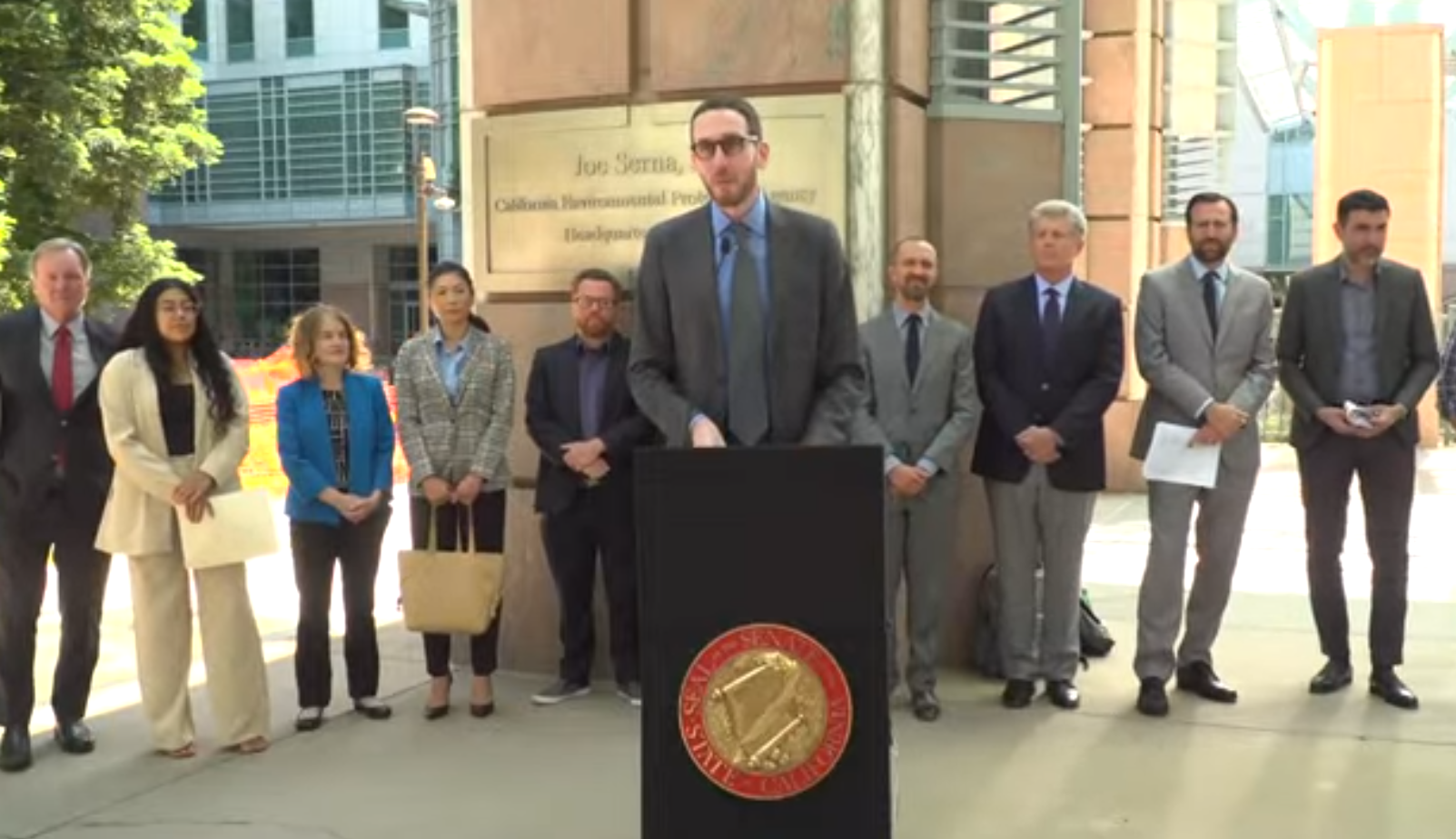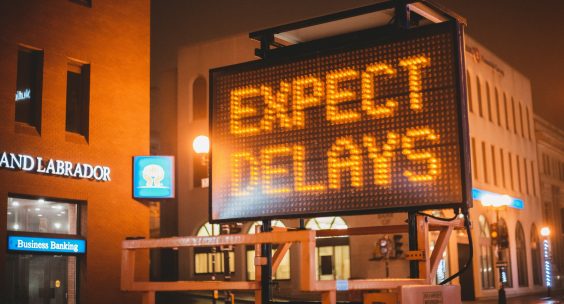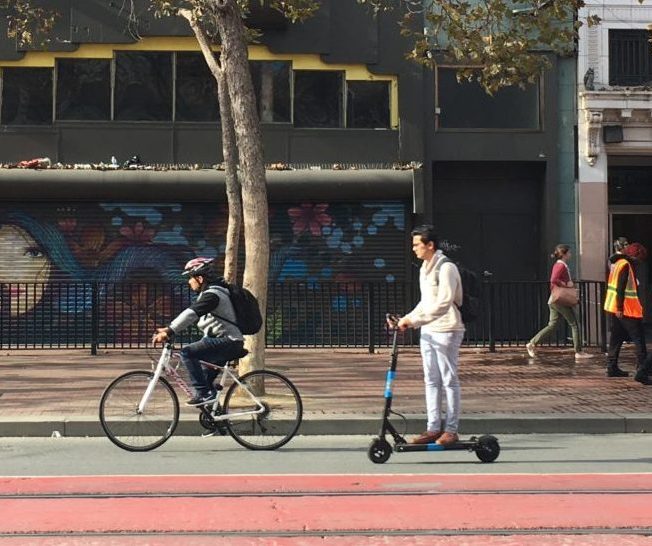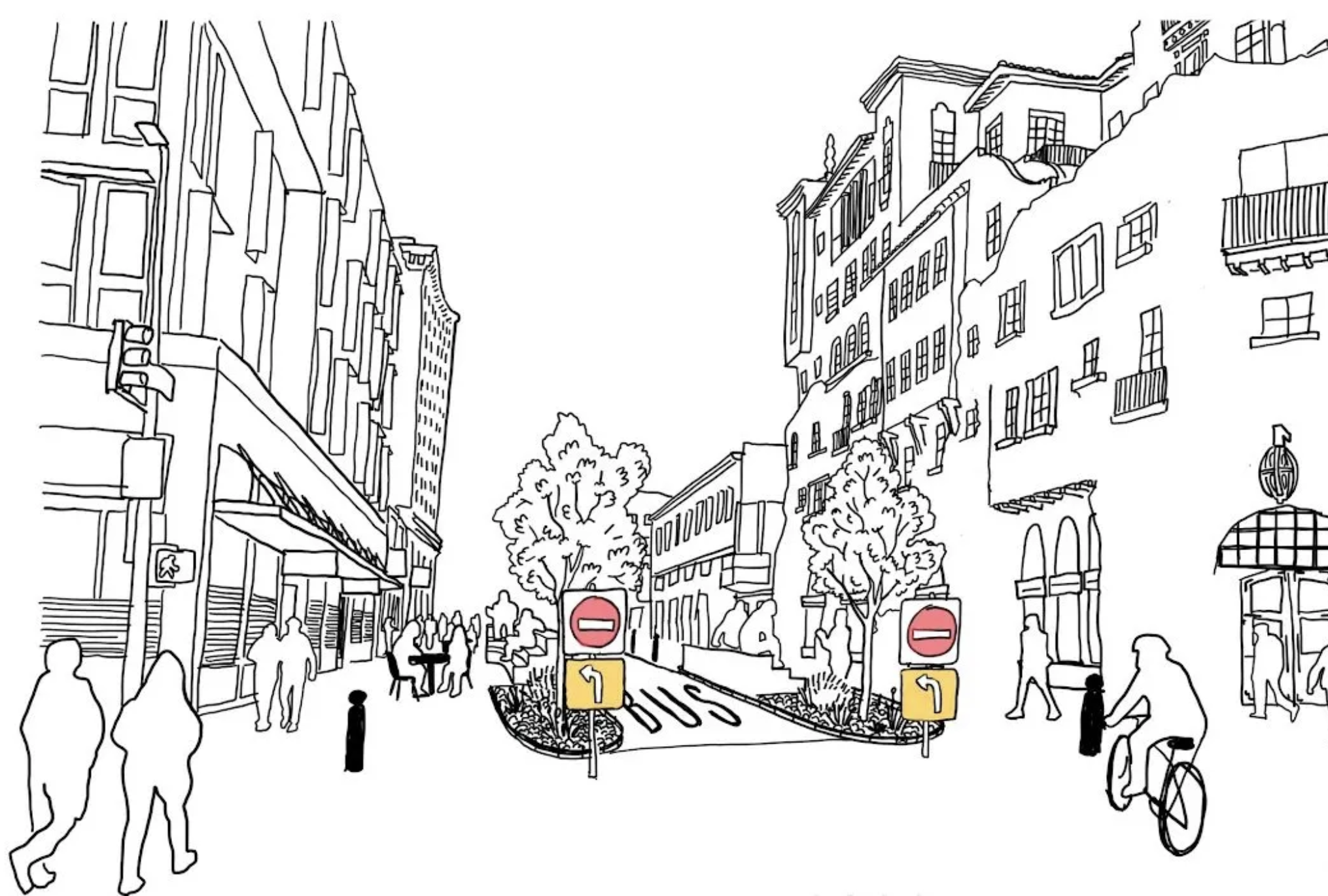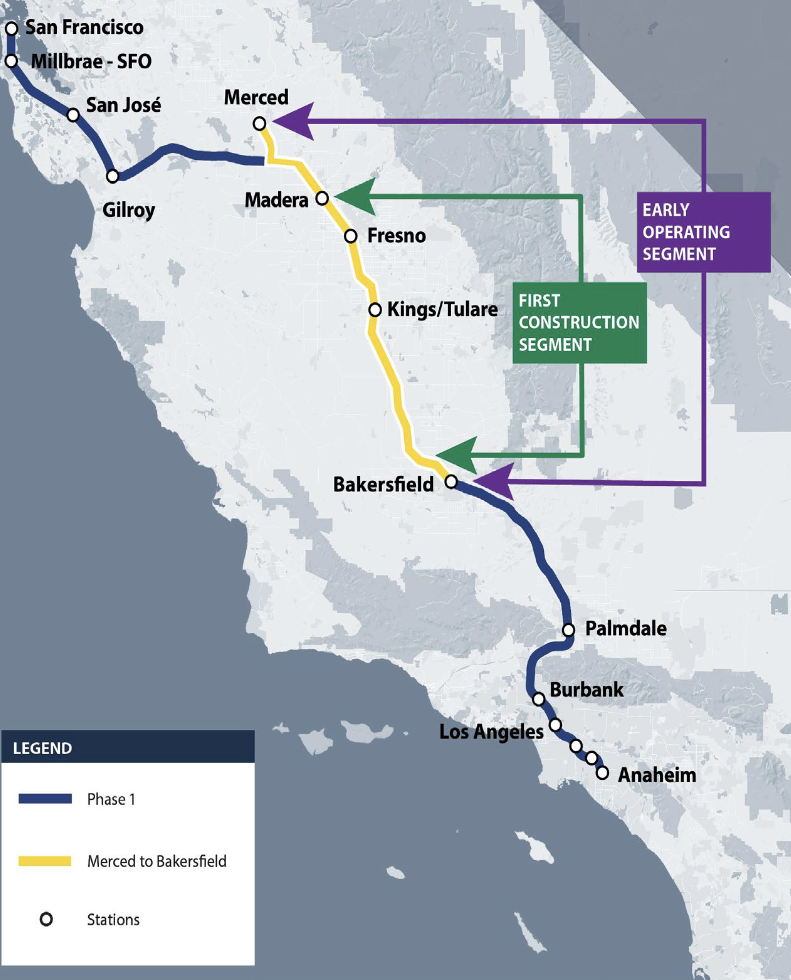Note: GJEL Accident Attorneys regularly sponsors coverage on Streetsblog San Francisco and Streetsblog California. Unless noted in the story, GJEL Accident Attorneys is not consulted for the content or editorial direction of the sponsored content.
State Senator Scott Wiener was joined today in Sacramento by other state and local leaders, advocates, and transit agencies to underscore the need to address transit funding in this year's budget. The deadline to sign a budget is June 30, but between now and then both houses and the governor have to come to agreement on what's in it.
So far, they are not very close, at least in terms of transit funding. Governor Newsom proposed cutting over $2 billion from transit capital funding - used to build new projects, buy new and upgrade vehicles and software, and the like. The legislature released a counterproposal that would restore that funding and allow transit agencies to use it for operations, which is their immediate need.
The budget outlook is not great. Between the unsurprising dip in tax revenue after several flush years and the uncertainty caused by extended tax deadlines for many in California, cuts needed to be made somewhere. But Newsom's budget proposal budget would cut only transit and the Active Transportation Program, touching little else.
This calls into question his commitment to fighting climate change; if California continues to invest in highway expansions and ignores other means of travel, everyone might as well throw in the towel now. None of the state environmental, climate, or clean air goals can be met if California doesn't shift its investments, but the arguments about that have been buried in specific bills that move at a glacial pace, and rarely in a way that exposes who is still supporting building highways in the face of their continued climate harms.
The need for a swift paradigm shift is one thing; the other side of the current budget question is that, without some kind of temporary aid right now, many transit agencies will have to start cutting service so deeply that their usefulness as travel modes will be undermined. This is especially true for the largest transit agencies in the Bay Area, which have relied on revenue from rider fares as the largest source of their funding. This is something those agencies were rightly proud, until the pandemic caused a prolonged decrease in ridership.
Federal funding is dependent on how much money transit agencies are able to bring to the table; that is, the more funding you have the more you are eligible for. For BART, that has meant fare revenues (which is a reason that fighting fare evasion is a priority for them). Other agencies - L.A. Metro, for one example - have more money coming in from voter-approved county sales tax measures and rely less on rider fares for income.
The loss of riders during the pandemic hit all the agencies pretty hard. The nation is slowly recovering, and transit ridership is rebounding, but it has become clear that COVID also upended the way transit works. Fewer 9-5 commuters ride to work every day, but people still rely on transit at other times and for other purposes. These travel pattern changes require new ways of thinking to adjust to a "new normal." Some of the larger Bay Area agencies have not been recovering fast enough, and once federal COVID transit aid is gone (the end of next month), these agencies will struggle to just maintain what they have in place.
"We are in the red zone right now," Senator Wiener said at the rally, aired on YouTube. "If we don't act to save [transit] we will cause deep and lasting damage to our environment and quality of life."
"Over time transit agencies will adjust," said Wiener, "but during this transition, we have to ensure the system survives so it can reform. If left unchecked, this [lack of operations funding] will cause devastating and possibly permanent damage... This is a do-or-die moment [for transit]."
"And the crisis is multifaceted," he added. It's not just about transit, or even the millions of people in California who rely on public transportation for basic trips. The loss of transit would undermine efforts to reduce congestion, but also undermine state housing policies, and hamper cities' downtown recoveries. "And it will tank California's climate goals," said Wiener.
While today's rally brought attention to the impending crisis, no clear way forward was offered. Senator Wiener was joined by colleagues in the Senate and the Assembly - Senators Ben Allen (D-Redondo Beach) and David Cortese (D-Campbell) and Assemblymembers Buffy Wicks (D-Oakland) and Damon Connolly (D-Marin) - but others oppose increasing funding for transit operations, seeing it as a black hole. While better transparency on this public money is obviously a good idea, it's also important to note that a lot of the noise about how dirty and unsafe transit is, which is also driving riders away, is largely just that - noise.
Not to deny that gross behaviors and dangerous moments happen - but that is not the whole story. And BART, for one, has not suddenly become a lawless hell hole, which riders currently crowding onboard can tell you. Nevertheless, the need to increase ridership - and revenue - means addressing public perception in addition to the actual problems onboard.
Senator Wiener also insists that it is possible to find one-time funding from somewhere other than the general fund to help transit. This would set aside the arguments that California "can't afford" to support transit during this emergency. Ideas include using state cap-and-trade money and shifting the unexpectedly large amount of highway money California is due to receive in federal funding (an extra $1 billion) to transit operations. Both are possible, but both will also take time to negotiate, which is in short supply.
"Legislative leadership has indicated that more money should come with calls for reform," said Senator Wiener. "And I agree - but we have to stabilize [transit agencies] first."
He indicated disappointment in the legislative budget proposals so far, which, while proposing to restore the $2 billion in transit capital funds that Newsom wanted to take back, are not "adequate." The legislators also proposed that those capital funds could be used to shore up operations on an emergency basis.
That, said Wiener, would not only cannibalize the infrastructure funds - forcing agencies to stop projects that will improve and expand future transit - but would jeopardize access to federal funding to finish those projects. The cost would be too high.
The excess federal funding for highways, by the way, comes with encouragement by the federal administration to "flex" them as needed - that is, using them for transit operations would be allowable. This is a rare opportunity to make an important shift in transportation investments towards sustainable modes - but Governor Newsom and the legislature in general do not seem interested.
"We are asking for a tiny, tiny percentage of state funds," said Wiener. "This is not a massive amount of funding in the big scheme of things. We're asking to reverse $2 billion in capital so we don't have to reverse progress and lose federal funding. We are also asking for state help to fund operations."
"Governor Newsom is a climate champion and a champion for working people," he added. "I am optimistic that the governor will see that we have to shore up these systems."
